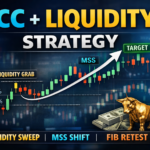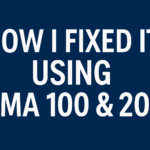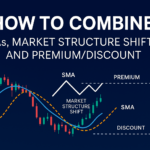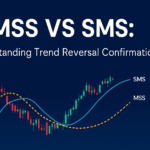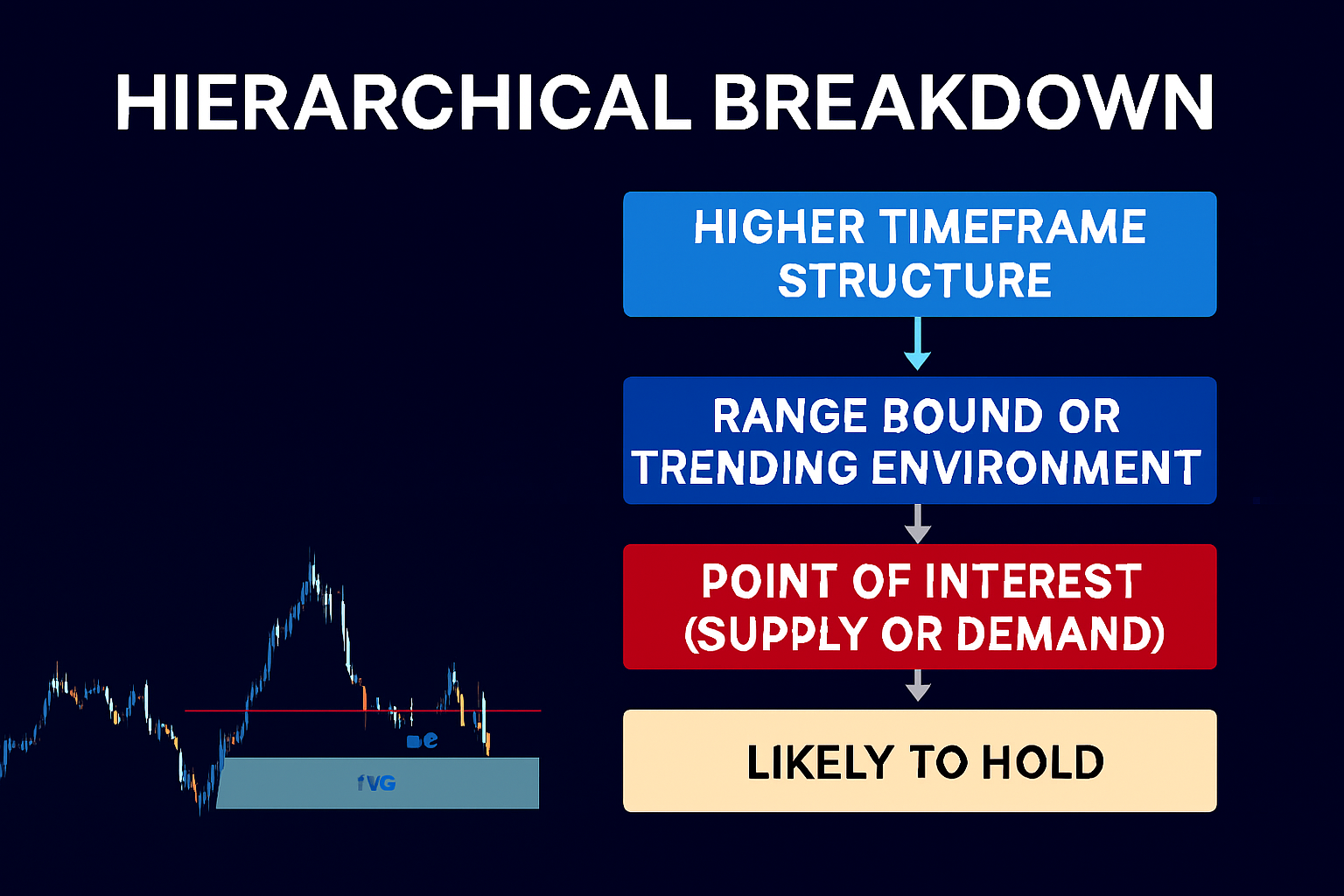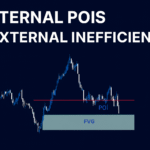Welcome to my article on Leveraging Psychological Triggers to Enhance Affiliate Conversions. Affiliate marketing thrives on the ability to connect with audiences and influence their purchasing decisions. By understanding and leveraging psychological triggers, affiliate marketers can significantly boost their conversions. These subtle yet powerful techniques tap into human behavior and decision-making processes, making it easier to persuade potential customers. Here are seven key psychological triggers that can enhance affiliate conversions.
>> Here’s the Proven Way to Make $100-$200 Daily with 0 Investment – Watch This FREE Video and Start Now >>
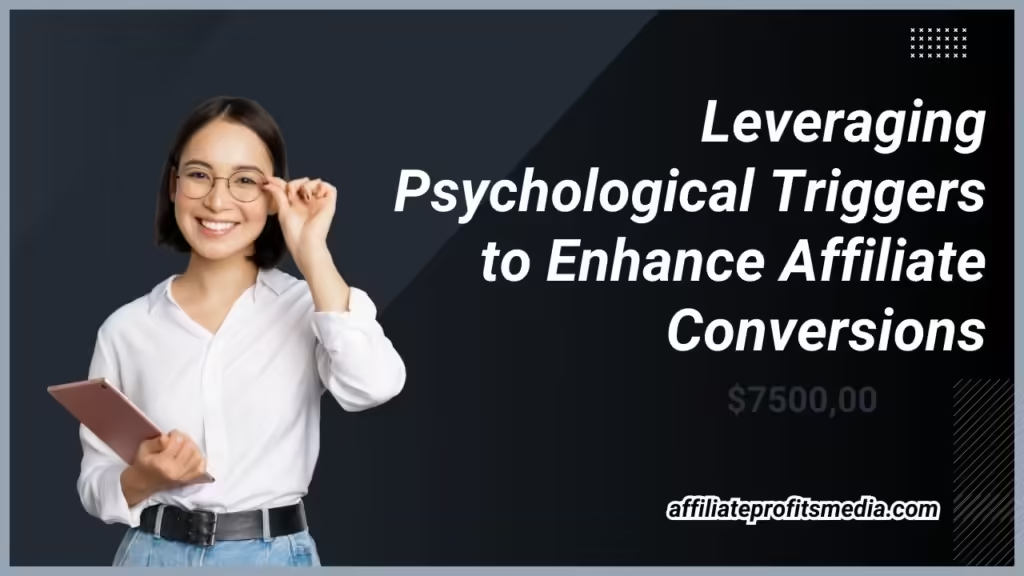
1. Scarcity (Psychological Triggers)
People are naturally inclined to want things that are scarce or in limited supply. The fear of missing out (FOMO) can drive potential buyers to make quick purchasing decisions. Affiliate marketers can use scarcity by emphasizing limited-time offers or low stock availability. For instance, phrases like “Only 5 left in stock” or “Sale ends in 24 hours” can create urgency, pushing users to act immediately rather than delaying their decision.
2. Social Proof
Humans are social creatures who tend to follow the actions of others, especially when uncertain about a choice. Showcasing testimonials, user reviews, or success stories provides social proof that the product you’re promoting is trustworthy and valuable. Featuring ratings or the number of people who’ve already purchased the product can reduce hesitation and build trust, increasing conversions.
3. Reciprocity (Psychological Triggers)
Reciprocity is the innate human desire to return favors. When someone gives something of value, others feel compelled to reciprocate. Affiliate marketers can harness this by offering free valuable content, such as guides, tools, or tips. By providing something helpful without expecting anything in return, you can create a sense of obligation in the audience, increasing the likelihood that they will make a purchase or use your affiliate link. Psychological Triggers
4. Authority
People are more likely to trust and act upon recommendations from credible and authoritative figures. Building authority within your niche can dramatically enhance your conversion rate. Demonstrate your expertise through detailed product reviews, case studies, or content backed by data and research. Collaborating with recognized influencers or thought leaders can further enhance your authority and drive conversions.
5. Consistency and Commitment
Once people commit to something, they tend to follow through due to the desire to stay consistent with their beliefs and actions. Affiliate marketers can use this psychological trigger by encouraging small initial actions, like signing up for a newsletter or downloading a free resource. Once someone has made a small commitment, they’re more likely to take further steps, such as making a purchase through your affiliate link.
6. Emotional Appeal (Psychological Triggers)
Purchasing decisions are often driven by emotions rather than logic. Tapping into the emotional needs of your audience can lead to higher conversions. Whether it’s addressing fears, desires, or aspirations, tailoring your content to evoke emotions can create a powerful connection with your audience. For example, promoting a fitness product by emphasizing the feeling of confidence and happiness that comes from reaching fitness goals can appeal to the emotional aspect of the buyer.
7. Anchoring
Anchoring refers to the human tendency to rely heavily on the first piece of information (the anchor) when making decisions. In affiliate marketing, you can use this by showing a higher-priced option first, followed by a lower-priced alternative, making the latter seem like a better deal. For instance, when promoting a premium product, you can highlight its regular price and then show a discounted price, making the offer seem more attractive and valuable.
>> Here’s the Proven Way to Make $100-$200 Daily with 0 Investment – Watch This FREE Video and Start Now >>
Scarcity (Psychological Triggers)
Scarcity is a psychological trigger that creates a sense of urgency, pushing potential buyers to act quickly. It is a highly effective marketing strategy that affiliate marketers can use to increase conversions. Here are seven ways to use scarcity in your campaigns.
- Limited-Time Offers: Highlighting offers that expire soon urges users to take immediate action before it’s too late.
- Low Stock Alerts: Inform customers when products are running low, such as “Only 3 left!” to push them to purchase quickly.
- Exclusive Deals: Make your offer feel unique by presenting it as an exclusive deal for a select audience.
- Flash Sales: Offering a short-term sale that lasts only a few hours or days can drive quick conversions.
- Countdown Timers: Visually displaying the time left for an offer creates urgency and encourages faster decisions.
- Seasonal Scarcity: Tying promotions to holidays or seasons taps into the limited nature of the event. Psychological Triggers
- One-Time Bonuses: Offering limited bonuses with purchases adds extra value.
Scarcity creates urgency, motivating customers to act now rather than delay, boosting conversions effectively.
Social Proof
Social proof is a powerful psychological principle that influences people to follow the actions of others, especially when making purchasing decisions. Using social proof in your affiliate marketing strategy can enhance credibility and drive conversions. Here are seven ways to apply it effectively.
- Customer Reviews: Positive reviews from satisfied customers build trust and validate your product’s value.
- Testimonials: Featuring testimonials from real users adds personal experience, making your offer more relatable.
- Case Studies: Showcasing detailed success stories demonstrates how your product has helped others, offering concrete results.
- Influencer Endorsements: Collaboration with influencers creates instant credibility and taps into their follower base.
- Ratings and Stars: Displaying product ratings (e.g., “4.8 stars out of 5”) helps reassure potential buyers of quality.
- User-Generated Content: Sharing content created by satisfied customers adds authenticity and boosts trust.
- Social Media Mentions: Highlighting positive mentions of your product on social platforms boosts visibility and credibility.
Social proof is a key element of trust-building in affiliate marketing, encouraging customers to make confident purchasing decisions.
Reciprocity (Psychological Triggers)
Reciprocity is a powerful psychological trigger that involves giving something valuable to your audience, making them feel compelled to return the favor. In affiliate marketing, using reciprocity can build trust and increase conversions. Here are six ways to apply it.
- Free Guides or Ebooks: Offering helpful resources like ebooks or guides builds goodwill and creates a sense of obligation.
- Exclusive Discounts: Provide exclusive discounts or coupons to encourage users to reciprocate by making a purchase.
- Free Trials: Giving free access to a product or service creates trust and increases the likelihood of users buying later.
- Helpful Tips or Advice: Offering free tips or valuable advice through blogs or emails can strengthen relationships with potential customers.
- Bonus Gifts: Offering a free bonus with a purchase adds extra value, prompting users to act.
- Exclusive Webinars: Hosting a free webinar on a relevant topic builds engagement and creates opportunities for conversions.
Reciprocity taps into the natural human desire to return favors, making it an effective strategy to build relationships and increase conversions in affiliate marketing.
Authority
Authority is a psychological trigger that influences people to trust and follow the advice of experts or leaders in a field. Building authority in affiliate marketing can significantly increase trust and conversions. Here are six ways to establish authority.
- Expert Content: Create well-researched, in-depth content that showcases your expertise and knowledge in your niche.
- Guest Blogging: Write for reputable websites to establish credibility and expand your audience.
- Data-Driven Insights: Back your recommendations with statistics, research, and case studies to add credibility.
- Influencer Partnerships: Collaborating with well-known influencers enhances your perceived authority and reaches new audiences.
- Credentials and Awards: Highlight any relevant qualifications, certifications, or awards that showcase your expertise.
- Social Proof: Display testimonials and endorsements from industry experts to reinforce your authority.
Establishing authority builds trust, which is essential for successful affiliate marketing. When people see you as a credible source, they are more likely to act on your recommendations and convert.
>> Here’s the Proven Way to Make $100-$200 Daily with 0 Investment – Watch This FREE Video and Start Now >>
Consistency and Commitment
The psychological principle of consistency and commitment explains that people tend to follow through with actions that align with their previous commitments. In affiliate marketing, encouraging small commitments can lead to larger conversions. Here are seven ways to leverage this.
- Opt-In Offers: Getting users to sign up for a newsletter is a small commitment that can lead to bigger actions later.
- Free Trials: Offering free trials builds commitment, as users are more likely to continue with a paid subscription.
- Engaging Quizzes: Interactive quizzes that lead to personalized product recommendations engage users and increase commitment.
- Exclusive Content Access: Providing access to gated content creates a sense of commitment, keeping users invested.
- Personalized Follow-Ups: Following up with users who’ve shown interest increases their commitment to eventually make a purchase.
- Loyalty Programs: Rewarding loyal customers encourages them to stay consistent with their purchasing behavior.
- Progressive Onboarding: Gradually introducing new features or offers keeps users engaged and committed.
Encouraging small actions builds commitment and creates momentum toward larger decisions, boosting conversions in affiliate marketing strategies.
Emotional Appeal (Psychological Triggers)
Emotional appeal in marketing leverages feelings to influence purchasing decisions. By connecting with your audience’s emotions, you can create deeper bonds and boost affiliate conversions. Here are six ways to use emotional appeal effectively.
- Storytelling: Share relatable stories that evoke emotions, making your product or service more memorable.
- Fear of Missing Out (FOMO): Create urgency by highlighting the risk of missing out on a great deal or opportunity.
- Aspirational Messaging: Focus on your audience’s goals and dreams, showing how your product helps them achieve their desires.
- Empathy: Understand and address your audience’s pain points to create a connection that encourages action.
- Trust and Security: Reassure customers by emphasizing trust, safety, and the reliability of the product or service.
- Happiness and Positivity: Use positive imagery and messaging to associate your product with happiness and satisfaction.
By tapping into emotions like aspiration, fear, and happiness, you can build stronger connections with your audience, ultimately driving higher affiliate conversions.
Anchoring
Anchoring is a psychological principle where the first piece of information (the anchor) heavily influences decision-making. In affiliate marketing, using anchoring can make offers seem more appealing. Here are seven ways to apply anchoring effectively.
- Highlight High Prices First: Show the most expensive product first, making subsequent items appear like better deals.
- Discount Comparisons: Display the original price alongside a discounted price to emphasize the savings.
- Premium Options: Offer a premium product first, so the standard options seem more affordable and practical.
- Bundle Offers: Present higher-priced bundles before individual products to make single purchases appear cheaper.
- Showcase Reviews: Start with reviews praising the product’s best features to create a positive impression.
- Limited-Time Discounts: Display original prices before a temporary price cut to anchor users to the higher cost.
- Payment Plans: Offer monthly installment options after showing the full price to make the cost feel more manageable.
Anchoring shapes perception, making products seem more valuable or affordable, ultimately driving conversions through strategic price positioning.
Conclusion
By strategically leveraging psychological triggers like scarcity, social proof, and emotional appeal, affiliate marketers can effectively influence consumer behavior and boost conversions. Understanding these human tendencies and applying them in your marketing strategies can lead to more successful affiliate campaigns and higher revenue.
>> Here’s the Proven Way to Make $100-$200 Daily with 0 Investment – Watch This FREE Video and Start Now >>
Thank you for taking the time to read my article “Leveraging Psychological Triggers to Enhance Affiliate Conversions”, hope it helps!





